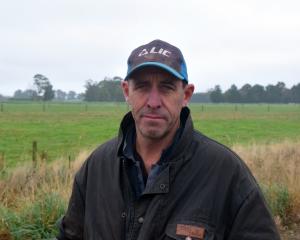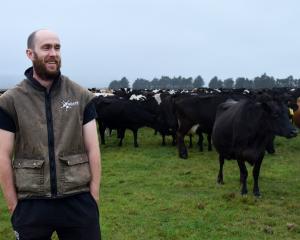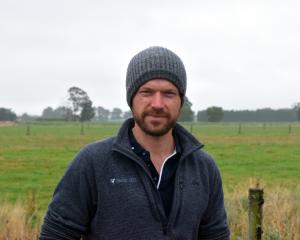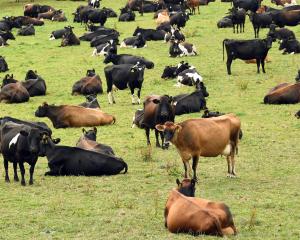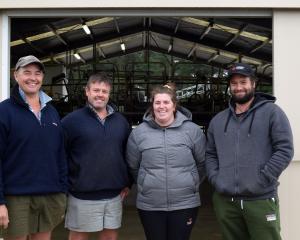An independent review panel is confident the lessons learned from the Mycoplasma bovis incursion — if acted upon — will enable New Zealand to have a "far stronger preparedness platform" for future animal disease incursions.
A review of the cattle disease’s eradication programme found it was on track to achieve a world-first eradication and made recommendations to improve the wider biosecurity system.
It was the largest incursion response ever conducted in New Zealand and, given the country was on track to successful elimination, was a credit to all involved, the report released yesterday said.
No response would ever follow a predictable plan but, in 2017, the readiness and response system was not as well prepared as it was thought to be, it said.
The M. bovis eradication programme had to evolve and overcome a range of issues with data and tracing problems, untested partnership arrangements and uncertain science.
"It has achieved all of this through strong leadership and the determination and professionalism of programme staff, industry partners and the livestock farming sector."
The review found the response to M. bovis was a significant test of the capacity and capability of the livestock sector and the Ministry for Primary Industries (MPI).
Given that M. bovis was a relatively slow-moving disease with minimal impacts on trade, the lessons learned from managing the incursion should be treated as a significant opportunity to strengthen New Zealand’s biosecurity preparedness, the review said.
It found the programme, a partnership between the MPI, DairyNZ and Beef+Lamb New Zealand, had made many improvements after it scaled up quickly to prevent spread of the disease.
"We have come a long way since the programme started," M. bovis governance group independent chairman Kelvan Smith said in a statement.
The improvements made had prevented the long-term financial and animal welfare costs of endemic M. bovis in herds.
"We’ve previously acknowledged the issues at the start of the programme and the independent review acknowledges that lessons have been learned and improvements made as the programme progressed.
"There’s no denying the disruption and stress experienced by farmers affected by the eradication programme and this review will help to ensure we have better systems and support in the future for disease responses," Mr Smith said.
The review panel’s recommendations covered areas focused on responding to animal diseases, all of which the MPI and its partners had accepted and were implementing.
Review chairwoman Prof Nicola Shadbolt said the panel considered the evolution of the programme from its start in 2017 to today. It acknowledged the significant impact the eradication had on farmers and rural communities, as well as those working on the programme.
As at July 23 this year, $635.9million had been spent out of an $856million budget. The update yesterday said a total of 268 confirmed properties had been cleared and nearly 173,000 cattle culled. About $212million had been paid in compensation.
There are now four active confirmed properties, all of which are in Canterbury.
Recommendations
From the independent review panel of the response to the Mycoplasma bovis outbreak. —
- MPI and industry will work to prioritise, support,communicate and monitor the implementation of these recommendations with other industries and partners.
- Develop standing governance of livestock disease preparedness, made up of MPI and industry organisations, with an independent chair.
- Develop and resource the livestock disease preparedness structure, capacity and capability within MPI, particularly for large-scale and complex animal disease incursions.
- Build a national contingency plan for animal disease responses, supported by detailed operational procedures and materials.
- Develop and resource a data strategy across the livestock biosecurity system.


